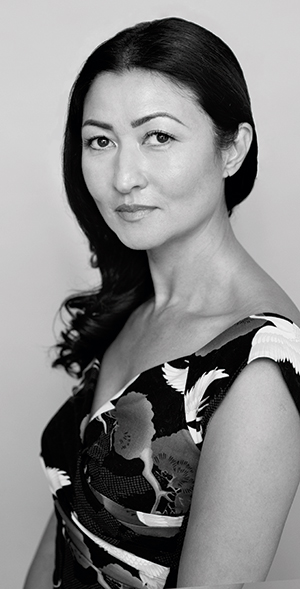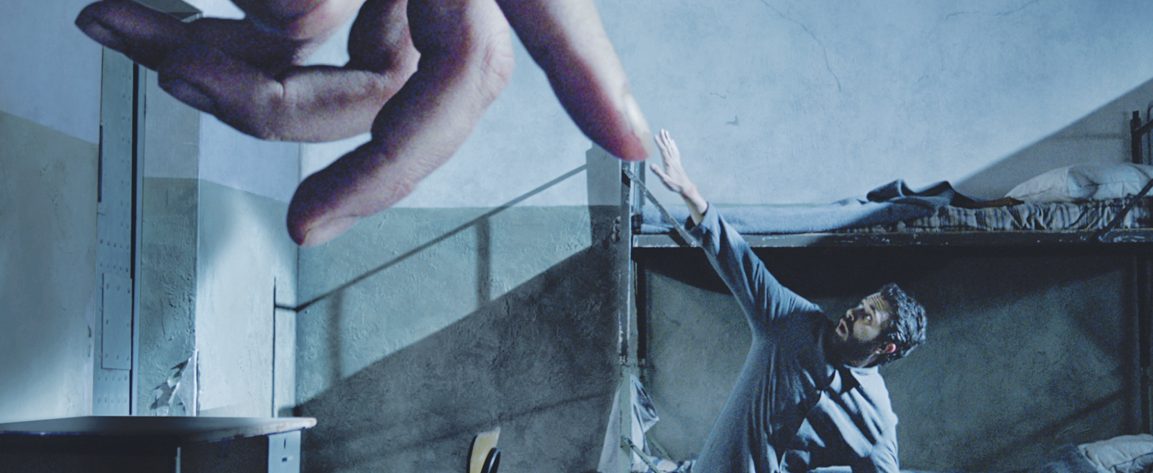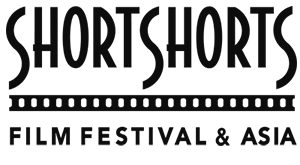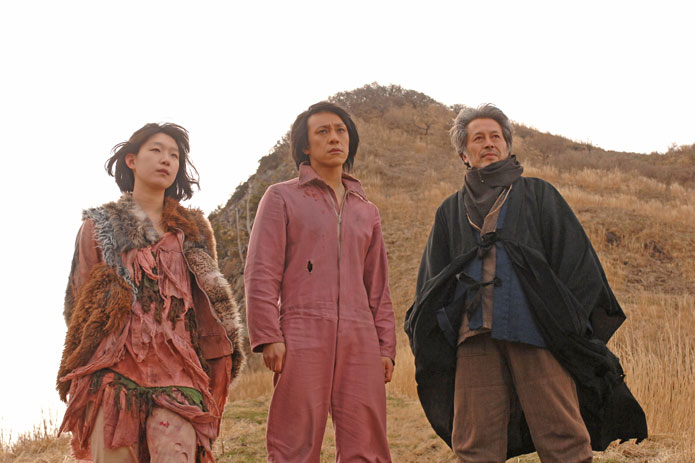A man with a blackened eye is being frog-marched across the courtyard of a grim-looking prison by a guard issuing guttural instructions in Russian. The door to his cell closes behind him with a resounding clang and he tentatively greets the other inmate, who sits reading with his back to the door.
On the lower bunk of the sparsely furnished cell is a red box, which the newcomer wants to open. The man already in the cell cautions him not to, but the warning is ignored.
The outcome of the film, titled Room 8, comes out of the blue and involves a drawer full of matchboxes—and the story has absolutely nothing to link it in any way to Bombay Sapphire gin.
If anything, this is a dark tale of shadows and shades of grey. It is not at all the sort of thing to which, in the past, a premium spirit such as Bombay Sapphire would have attached its name to promote sales.
But advertisers are broadening their minds in some very significant and creative ways, says Jani Guest, the joint founder of London-based Independent Films and the executive producer of Room 8. The film was commissioned by Bombay Sapphire as part of their groundbreaking Imagination Series of short films.
The advent of new media and the explosion in the variety of delivery systems and sources of programming has driven interest in abbreviated versions of the traditional feature film and longer variants of the 45-second television advert, she told BCCJ ACUMEN.
And both will be celebrated at Tokyo’s annual Short Shorts Film Festival & Asia, one of the region’s largest short film festivals, which will run for 22 days from 4 June at various venues. These include Omotesando Hills and the Laforet Museum Harajuku.
The theme for the 20th anniversary of the festival is Cinema Smart, and organisers are anticipating that as many as 20,000 people will attend the 250 screenings during the event. The winner of the Best Short in the official competition will be submitted as a contender for an Oscar.

Jani Guest • PHOTO: INDEPENDENT FILMS LTD.
Becoming brave
Clearly the short form has come a long way in a brief period of time, according to Guest, whose firm has produced more than 650 commercial campaigns. She was a speaker on a panel that, at the 2017 film festival, examined both the concept of branding through short films and visual creativity.
“We are finding that clients are increasingly becoming brave enough to fund these sorts of projects because they have a growing understanding of the power of the narrative”, she said.
“Back in the 1990s, when I was starting out in the film industry, the opportunity for up-and-coming film-makers was through music videos, where they learned their skills before moving on to commercials and, eventually, feature films”, she explained.
That is changing, however, as there are fewer opportunities for new faces to build careers through music videos—primarily due to reduced budgets— so the emergence of short films offers anyone with a creative bent “an opportunity to cut their teeth in the industry”, said Guest, who is originally from San Francisco but moved to London in 1995, when the opportunity arose to work for Propaganda/Satellite Films. By 1990, it was widely regarded as the best video and film production firm in the world, and was then behind nearly one third of all music videos released in the US.
After the firm folded in 2001, Guest stayed on in London and co-founded Independent Films. In the intervening years, she has built a roster of talent that contains some of the biggest names in the industry, including Guy Ritchie, Gary Freedman, Mark Osborne and Cary Joji Fukunaga.
Independent is one of the very few production firms to have won both a Cannes Lion Grand Prix and a British Academy Film Award (BAFTA). Room 8 gave the firm a BAFTA in 2013, the only time to date that a branded short film has won such an award.
“As a producer and a viewer, I have found that most people gravitate towards works that make them feel something, but these branded shorts are often not actually selling something but, rather, inviting the viewer to share in the visual world that is being created”, Guest said.
Limited screen time
The Bombay Sapphire project was unusual in as much as the film was completely divorced from the brand behind it. Other similar projects include the hugely successful Write the Future ad for Nike’s World Cup Football campaign in 2010, and the more recent BMW campaign that featured stunning driving sequences in works by Ang Lee, Alejandro Gonzalez Inarritu and John Woo.
For Guest, the appeal of the short form of telling a tale lies in communicating the story in a limited amount of screen time, as well as in the creative process required to develop the narrative to communicate the message.
Perhaps the biggest challenge, however, lies with the firm that is behind a branded short, as it is difficult—if not impossible, in some cases—to determine the degree to which a film has achieved product exposure. That, in turn, can influence future projects, although larger firms are more often willing to sink money into a title with fewer guarantees of airtime.
“There are so many different ways to get a brand’s message out and so many different platforms that just did not exist 20 years ago, that I see a degree of confusion among brands that feel they have to create content for all those platforms”, Guest said. “But this all magnifies the importance of having a really good and clever idea at the outset, the need to be creative from the very beginning of a project.”






